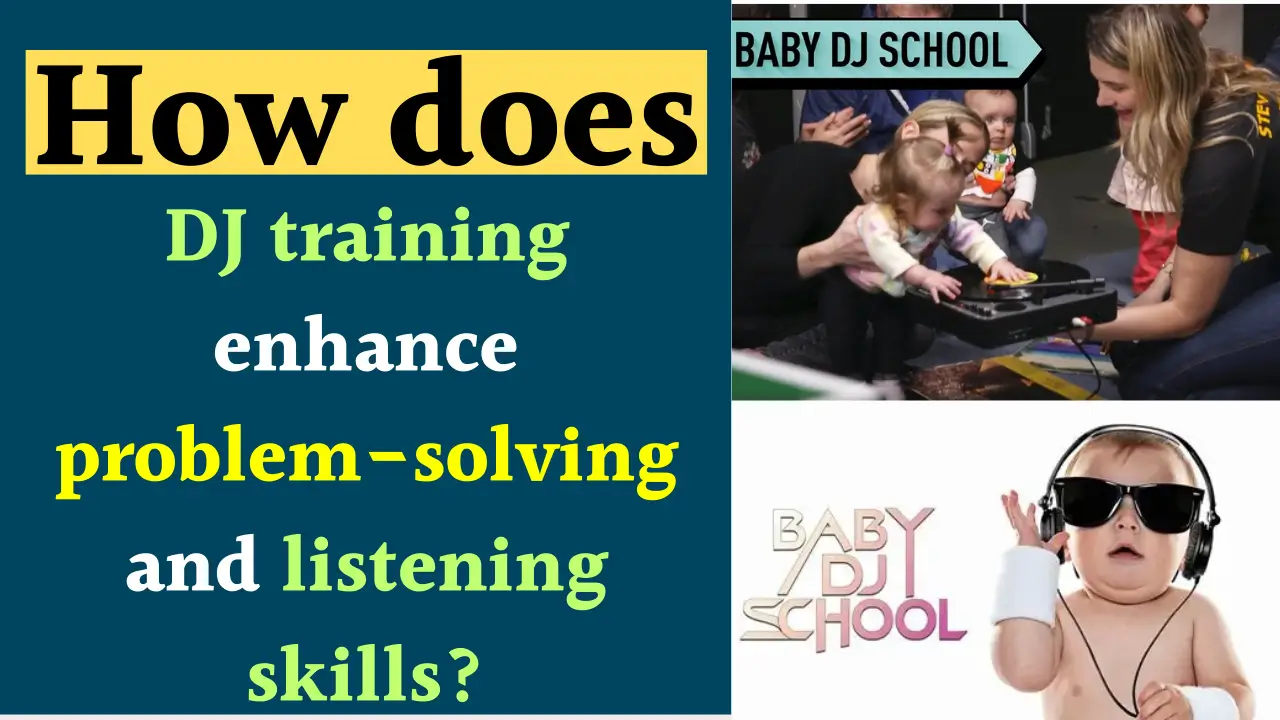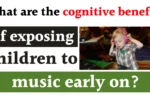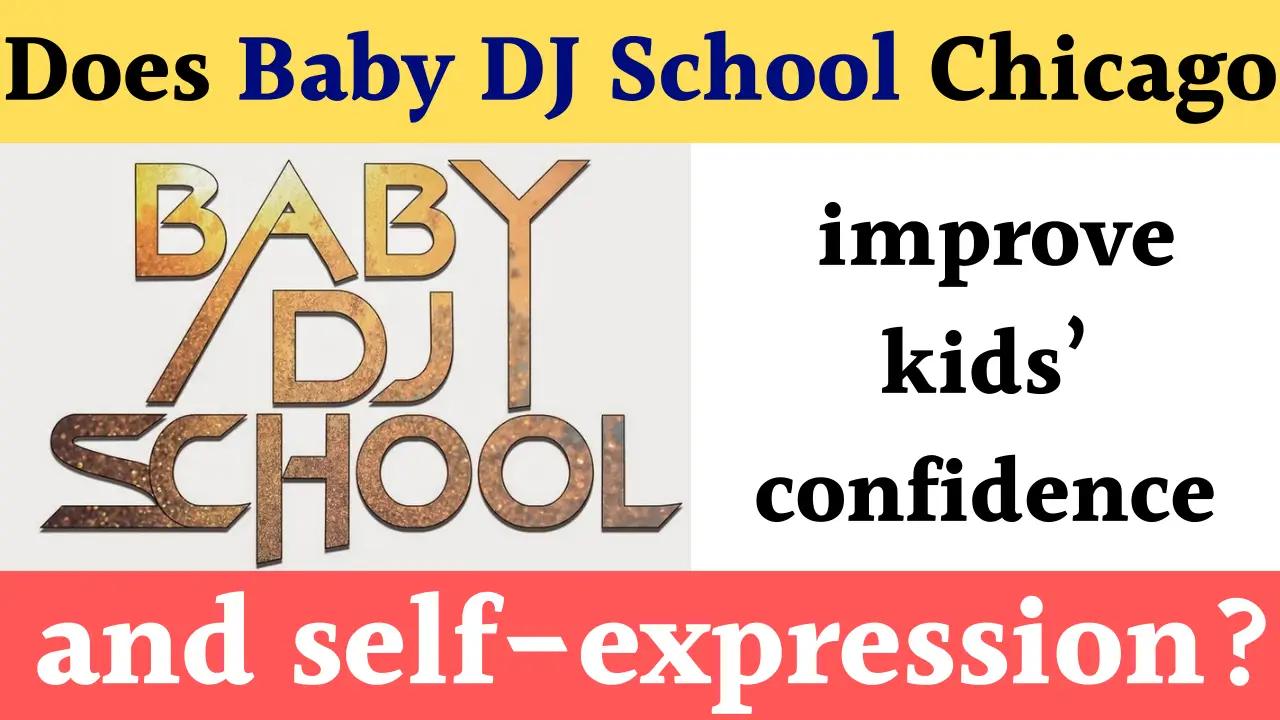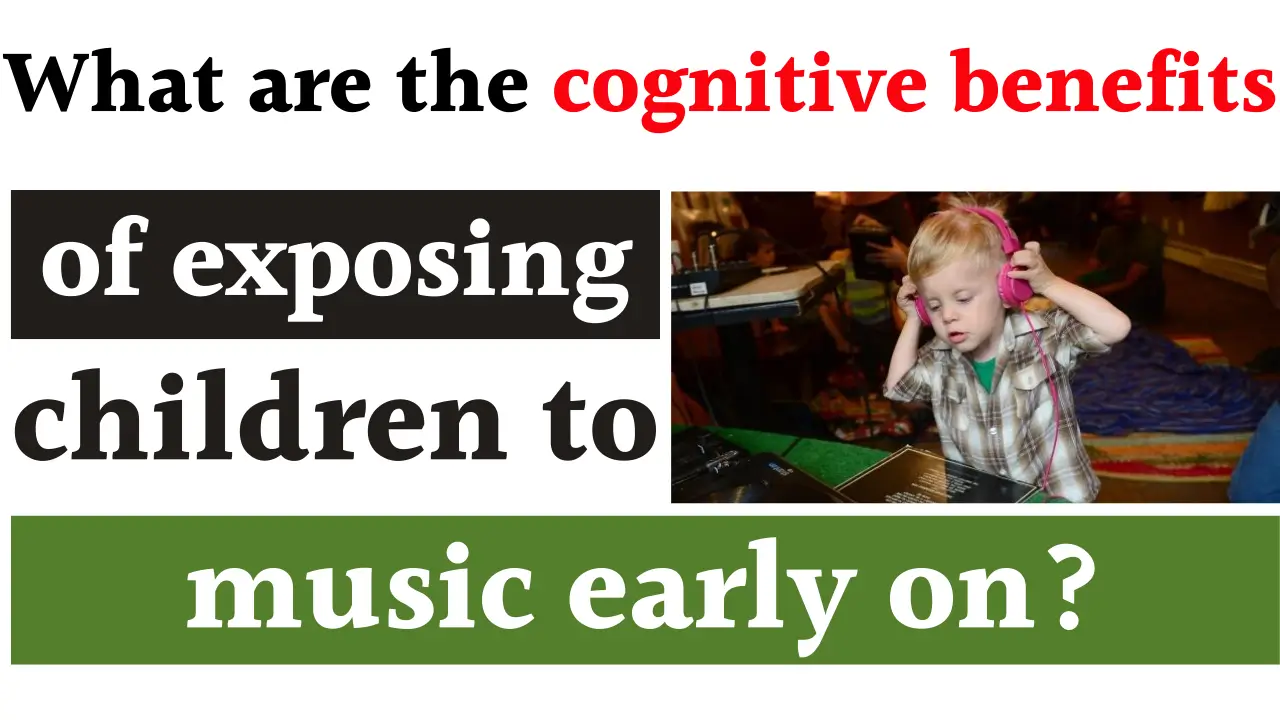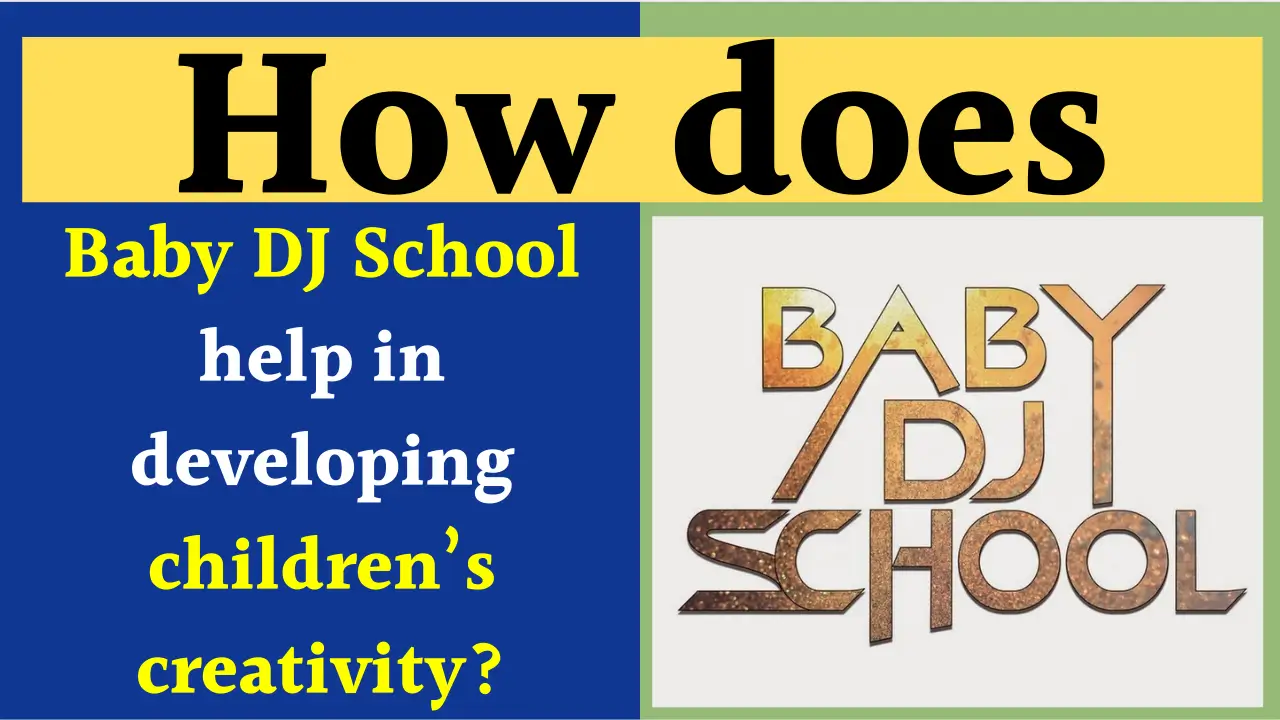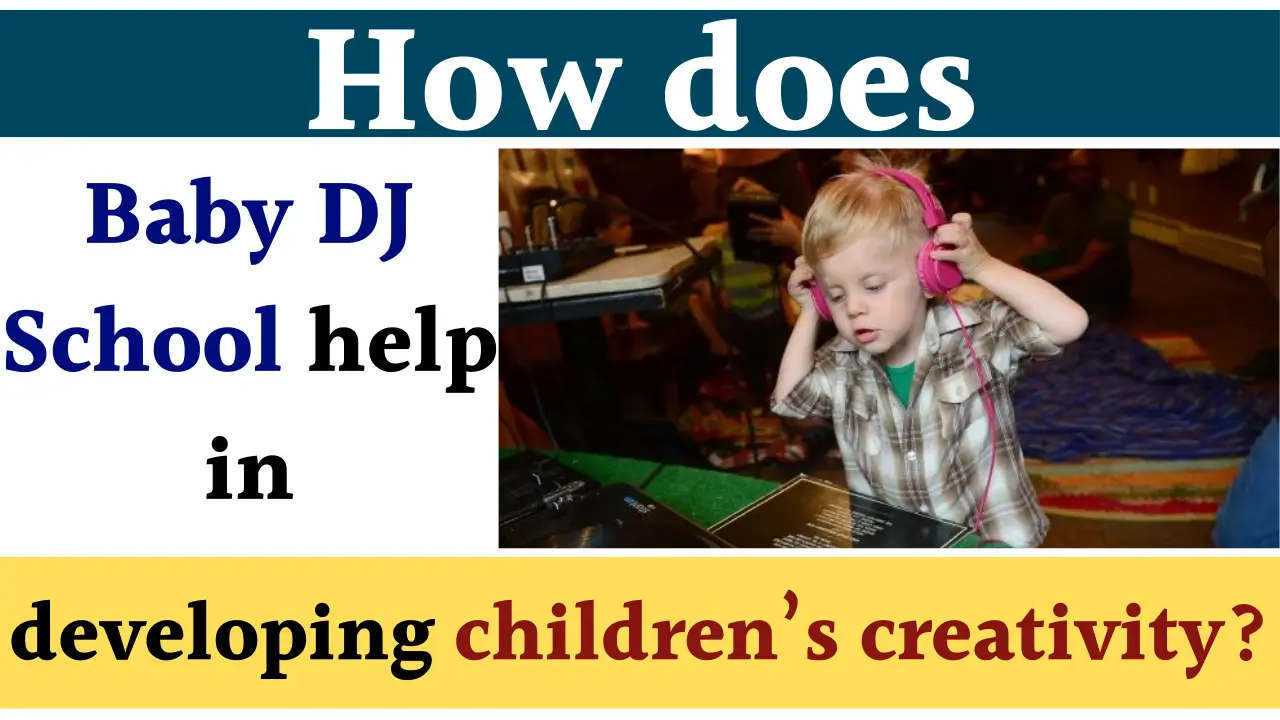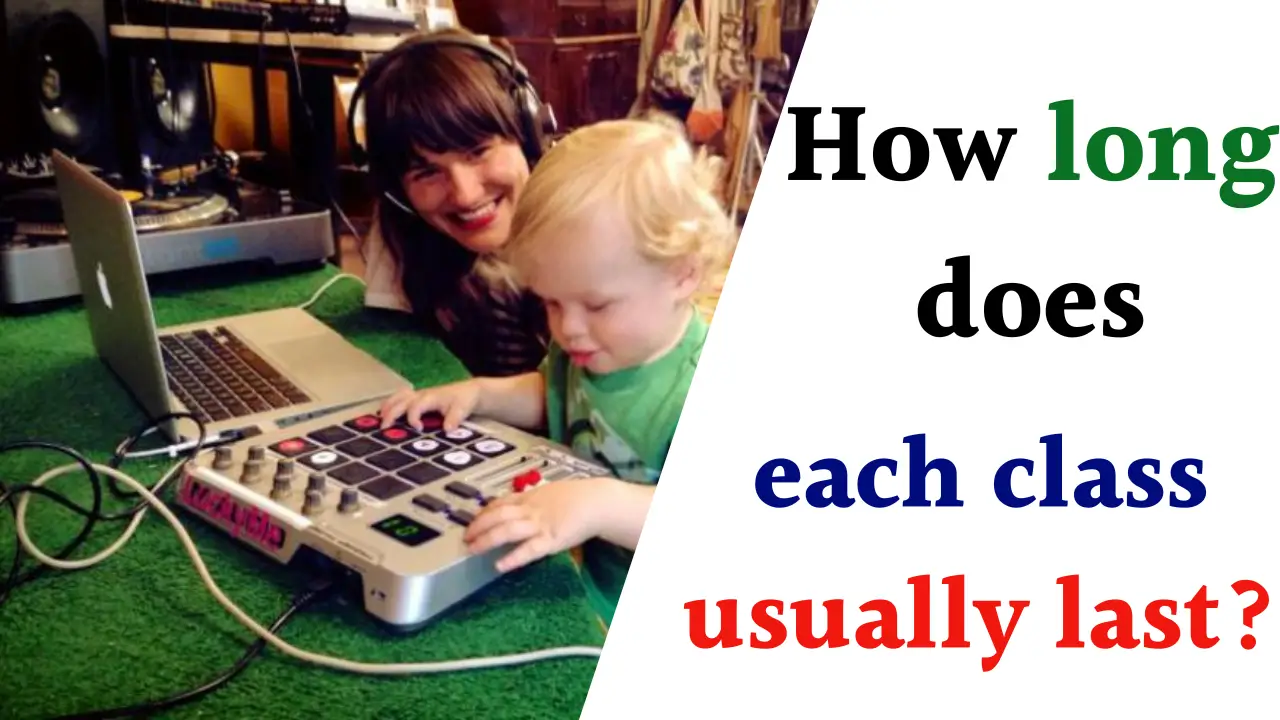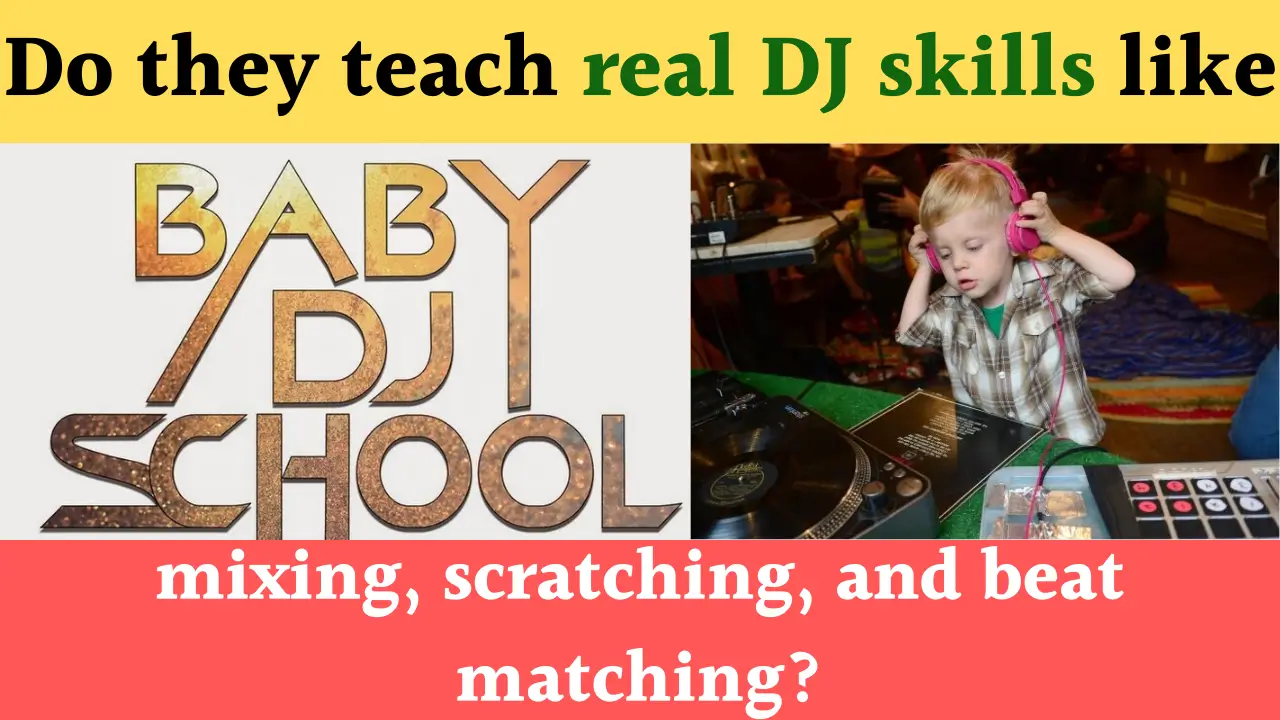DJ training is a powerful catalyst for enhancing both problem-solving and listening skills, equipping participants with practical cognitive tools for music creation and real-world challenges. Through immersive experience with modern equipment and interactive methods, DJs strengthen their ability to analyze, react, and communicate in dynamic environments.
How DJ Training Enhances Problem-Solving Skills
DJing involves much more than mixing tracks; it nurtures quick thinking and creative resolution in fast-paced settings. Interactive modules, live set feedback, and troubleshooting gear are all part of the journey:
- DJs routinely address unexpected technical issues, such as software crashes or hardware hiccups, which sharpens troubleshooting abilities and adaptability.
- Every performance demands instant decisions—selecting the next song, tweaking effects, or responding to crowd energy—all within seconds.
- Scenario-based learning (like building mixes from new genres or tackling audience requests) encourages flexible, innovative thinking and boosts resilience.
- Integration with modern DJ software, including waveform visualization and smart sync tools, provides a tangible environment for practicing logical thinking and problem analysis.
Listening Skills: The DJ’s Foundation
In today’s competitive music scene, acute listening underpins all DJ excellence, ranging from beatmatching to creative mix curation:
- DJ training involves extensive ear exercises, like differentiating pitch, identifying rhythmic patterns, and isolating sound textures for smoother blends.
- Exposure to diverse musical styles and regular practice refines auditory perception and enables quick reactions during performances.
- Use of software tools and hands-on equipment (CDJs, DJs Studio, etc.) makes exercises more engaging and realistic, enhancing both listening accuracy and confidence.
Table: Core DJ Training Practices & Skill Development
| Training Practice | Problem-Solving Benefit | Listening Skill Developed |
|---|---|---|
| Live Mix Feedback | Quick adaptation, learning from errors | Sound nuance recognition |
| Troubleshooting Tech Issues | On-the-spot solutions, creative fixes | Device signal clarity |
| Genre Exploration | Innovative mix strategies | Auditory palette expansion |
| Beatmatching & Sync | Timing judgment, technical accuracy | Pitch and rhythm mastery |
| Audience Interaction | Fast decision-making | Empathy/energy awareness |
DJ Training: Latest Updates for 2025
Recent advancements in 2025 have introduced new methods and technologies:
- DJ training now harnesses AI-driven software for phrase detection, beat alignment, and optimized transitions, reducing beginner frustration and speeding up skill acquisition.
- Online DJ programs provide real-time feedback, group learning sessions, and recorded classes for flexible, collaborative skill development.
- Modern hardware supports expanded audio formats (FLAC, Bluetooth) and visual waveform displays, further enabling precise listening and mix control.
- Emphasis on personal development, including emotional intelligence, audience awareness, and leadership—making DJing a holistic endeavor beyond technical skills.
Practical Benefits: DJ Training in Real Life
DJs not only develop musical talent but also gain versatile skills for academic and professional success:
- Improved multitasking: Handling multiple aspects during live performances builds executive function and working memory.
- Enhanced communication: Audience reading and collaborative mixing foster social skills and emotional intelligence.
- Confidence boost: Mastery of complex equipment and ability to handle high-pressure situations translate into greater self-assurance in various fields.
Bulleted Points: Why DJ Training Is Effective
- Encourages flexible, adaptive thinking and rapid decision-making.
- Refines active listening, pitch recognition, and rhythmic accuracy.
- Fosters creative experimentation—essential for both music and personal growth.
- Offers a welcoming environment for constructive feedback and self-expression.
- Applies technical knowledge to real-world scenarios, building resilience and adaptability.
- Strengthens teamwork and communication in collaborative contexts.
Conclusion
DJ training provides more than musical skills—it fosters problem-solving and listening abilities central to both creative pursuits and wider life challenges. Modern updates, like AI aids and flexible online modules, offer a low barrier to entry and sustained improvement. As DJs continue to master their craft, they gain confidence, agility, and a sharper ear—qualities invaluable for performance and everyday problem-solving.
